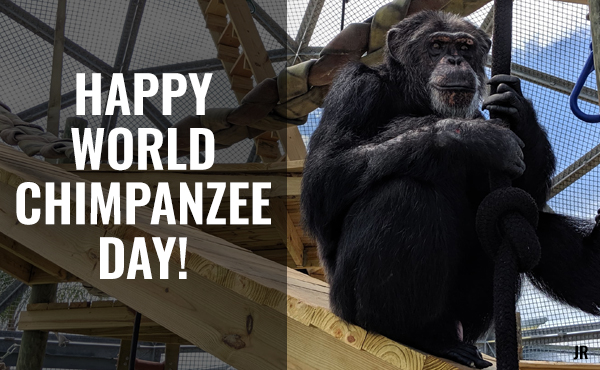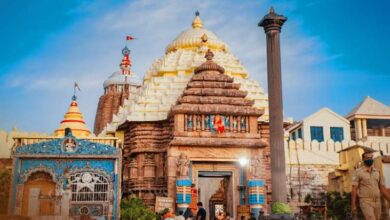World Chimpanzee Day

Bhubaneswar, July 14: As the world observes World Chimpanzee Day this Monday, the focus turns not only to the conservation of these remarkable primates but also to the challenges faced by breeding programs — including one close to home at Odisha’s Nandankanan Zoological Park.
Once a proud symbol of success in captive breeding, Nandankanan is now witnessing a worrying pause in its chimpanzee population growth. The story began three decades ago — on May 16, 1994, when the zoo welcomed its very first chimpanzees: a 4-year-old male named Julu and a 3-year-old female, Pompeta, both brought in from the Singapore Zoo.
In 1998, the pair was introduced for mating, and shortly after, on May 12, Pompeta gave birth to a female infant. That single event marked the beginning of a thriving chapter in the zoo’s primate care. Over the years, the chimpanzee family grew to 15, bringing both pride and promise to the zoological community.
But time has taken its toll.
On December 30, 2024, Julu, the charismatic patriarch of the chimp family, passed away at the age of 36. His absence has left a noticeable void — not just in the enclosure, but in the future of the breeding program. Now, only three young chimpanzees remain in breeding age potential. The eldest, Raja, is just 4.5 years old, while Pushpa and Suraj are even younger — 6.5 and 5.5 months, respectively. For Raja to reach sexual maturity, it could take another five years, meaning meaningful breeding efforts have essentially come to a standstill.
Adding to the concern is the genetic bottleneck. Offspring born from close genetic pairings have shown vulnerability to disease and developmental issues, often resulting in premature deaths. Experts and wildlife enthusiasts alike are voicing a clear message: if fresh genetic lines are not introduced soon — possibly from other zoos — the population could face stagnation or worse.
Currently, eight chimpanzees call Nandankanan home — Pompeta, Purnima, Durga, Lakshmi, Raja, Rakhi, Pushpa, and Suraj — all housed in Enclosure 60(a). These primates, known for their human-like behavior, diet, and movement, remain one of the zoo’s most beloved attractions. Their interactions captivate thousands of visitors each year, creating moments of joy and awe.
As World Chimpanzee Day encourages global awareness and action, the call for intervention at Nandankanan grows louder. Conservationists and animal lovers are urging zoo authorities to take swift, strategic steps — bringing in new, genetically diverse chimpanzees to revive the legacy that Julu and Pompeta began.





